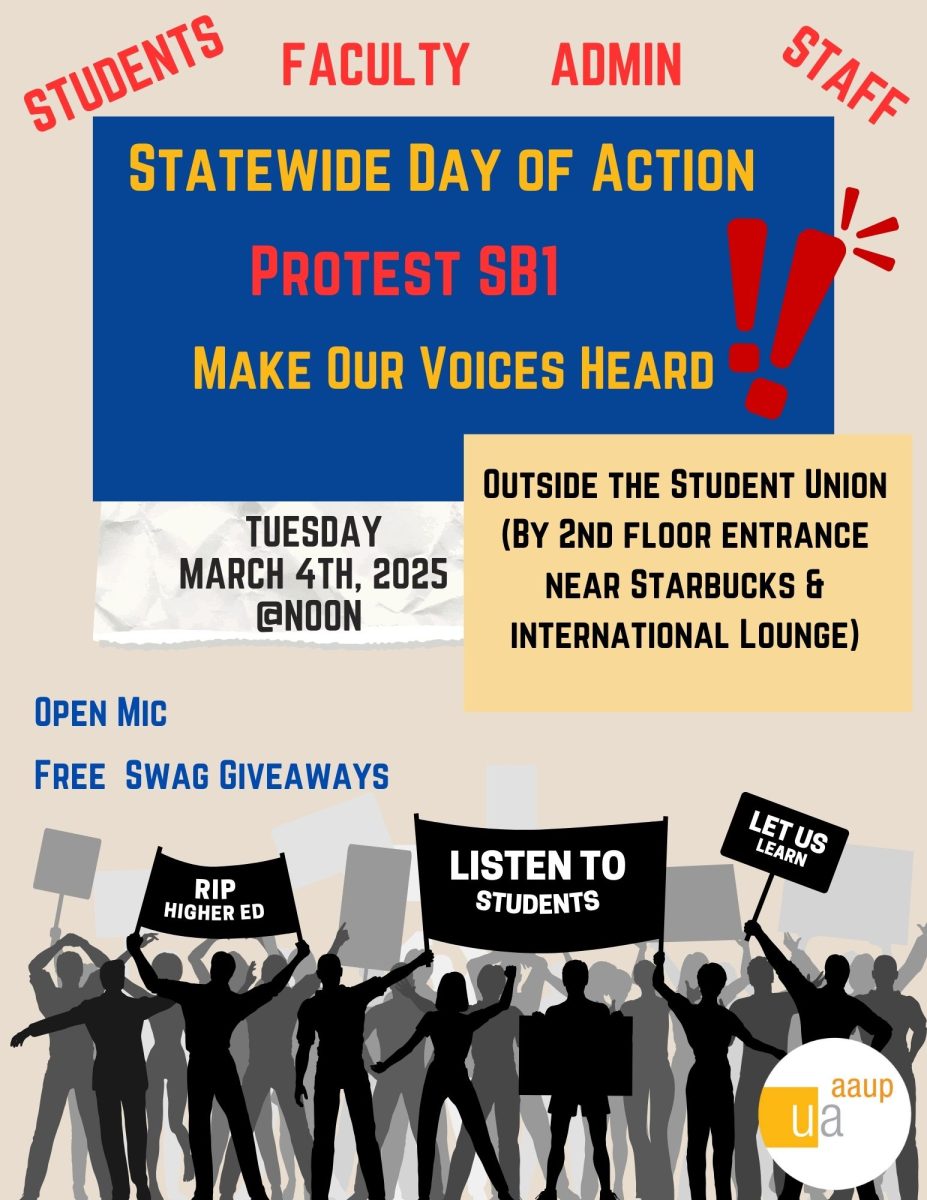Kara Hemphill
keh65@zips.uakron.edu
I remember when I was in high school and everyone loved to complain about the ratty, outdated books they would give us. In response, the teachers usually chided us for our ungrateful behavior and told us to just wait until we got to college.
I always thought they were kidding. How could anyone justifiably charge $170 for a textbook? It must have been one of those things they told you to scare you into submission, like when they said you’d get coal for Christmas if you were bad, or that your nose would grow if you lied, or that a roving tailor would come and cut your thumbs off if you sucked them.
Okay, maybe not that last one, but you get the point.
Sadly, this particular “lie” turned out to be a truth, which just goes to show that I probably should have respected my elders more, or at least done my own research on the matter.
Textbooks’ high prices seem to be something of a necessary evil in college; everyone is always complaining about them, yet we really have no choice but to give in and buy them eventually, at least if we want to pass our classes and go on to be successful adults who lie to their children about roving tailors.
With all of the dissatisfaction revolving around the on-campus bookstore’s prices, I’m kind of surprised they still do steady business. Whenever I hear talk of textbooks, it has a negative tone.
I’ve certainly never heard anyone proudly proclaim what a great deal they got on their supplies for
the semester.
Being somewhat of a hermit, I usually just order my books from Amazon or another online retailer. The prices are fair – or at least, more fair than they are at many other places – and there’s the added bonus of not having to make awkward conversation with store employees, or lug all of those heavy books out
to your car and back home. You don’t even have to leave the house, for that matter.
Another money-saving strategy is to make connections with
people in your major. Chances are, they’ve had the same classes that you’re taking and might just be willing to give you a great price on their textbooks or even lend them to you for free. Just make sure the people you befriend are hoarders, otherwise you might be wasting your time with that weird kid in your economics class who always sweats on your desk.
The point is, students will jump through all sorts of hoops to avoid getting textbooks from the campus bookstore, though it’s convenient in its own way, being right in the student union.
Like all of the questionable things we encounter in our quest for higher education,
I expect we’re supposed to put a positive spin on the ludicrous textbook prices we battle at the beginning of each semester. Here are some that retailers might be able to use in advertising:
1. Buying textbooks
at full price provides good experience for handling finances.
Okay, maybe you had to skip your water bill for the month because the bookstore wanted to sell you a $300 bundle of workbooks when you only really needed one; but that’s life, folks. Sometimes you might need to cut corners. Just not on your education. Learning to balance your spending is good preparation for later in life.
2. Knowledge is priceless.
You just can’t put a price on knowledge. It’s something that stays with you forever, or at least, until exams are over. But still. Your Bachelor’s degree stays with you forever, and that’s the important thing.
3. What doesn’t kill you makes you stronger.
The next time you find yourself holding a ratty old book you’ve just been charged $95 for and wondering how the heck they even accepted it back in the first place, just remember that life is full of disappointments and unpleasant surprises. All this excessive spending and finding dried bits of spaghetti in your book is making your skin thicker.
4. Textbook rentals are a tricky balancing act that can improve your critical thinking.
Should I highlight this passage? How much highlighter is too much? Does folding down the corner of the page fall outside the vague and mysterious realm of “good condition?” Should I risk eating and handling this book at the same time? These are all questions you may need to ask yourself when dealing with a rented textbook, and they’re all improving your critical thinking and problem-solving skills. Be aware, however, that this is probably not something you should put on a resume.
I’m sure there are many more, but I’ll leave that up to the professionals and real optimists to decide.
So the next time you feel the urge to lament all the money you spent on textbooks, just remember: It could be worse. Some day, when you’re old and wrinkled and have finally paid off all of your student loan debt, you’ll look back and be grateful for the learning experience, all while telling your grandchildren that back in your day, a full set of textbooks only cost $500.







